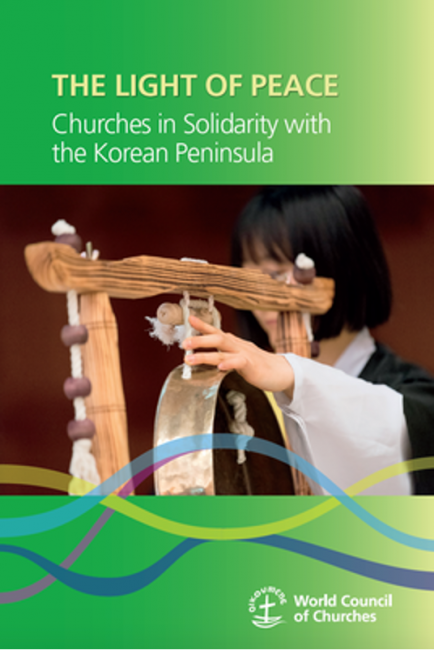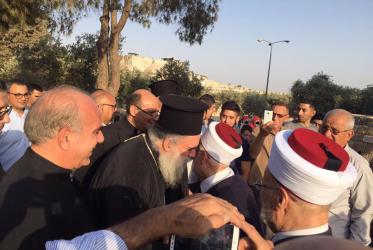Displaying 1 - 20 of 40
Rethinking Ecological Relationships in the Anthropocene era
11 - 13 February 2021
Human fraternity is a divine calling, says WCC general secretary
03 February 2019
Fr Alexi - a peacemaker in Syria
21 December 2018
A moment in ‘Time’: an interreligious vision in Erlangen
20 December 2018
WCC delegation visits China
04 January 2018
Faces of hope and moments of justice and peace
25 July 2017
G20 summit: call to pray for peace in Hamburg
07 July 2017
WCC gravely concerned over Israel’s travel ban
09 March 2017










